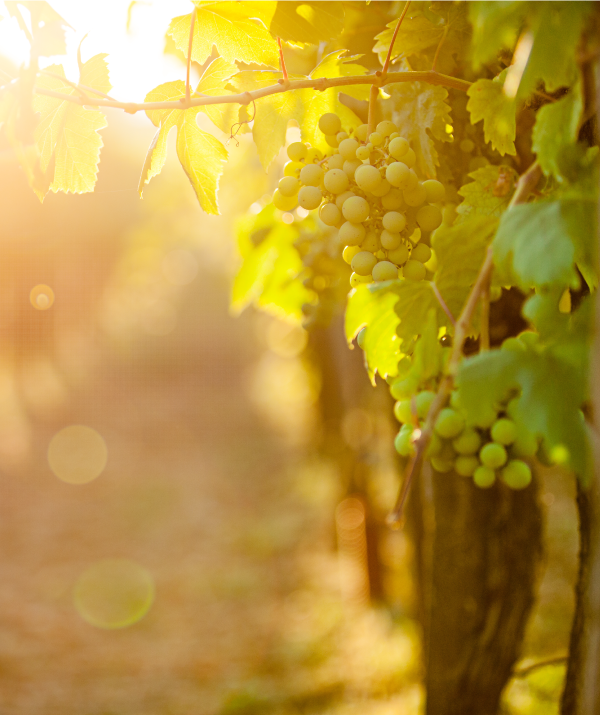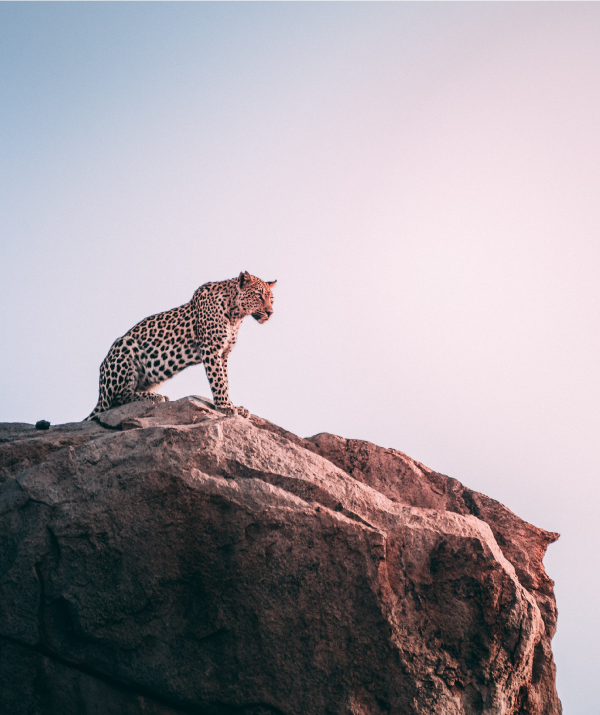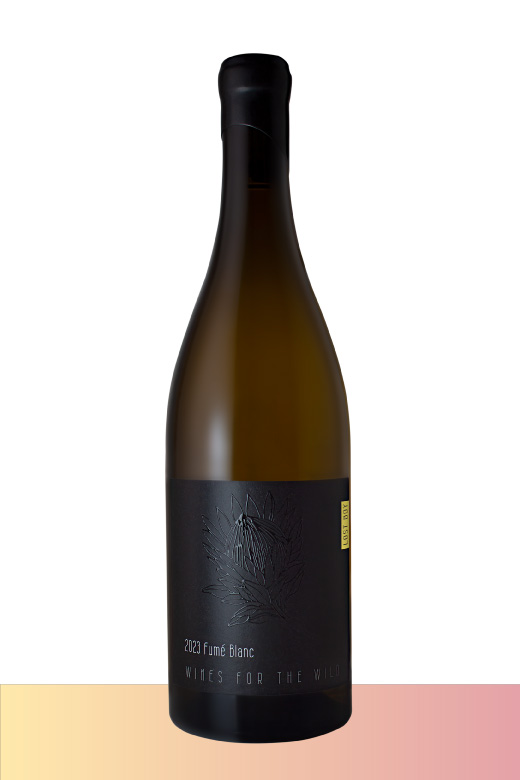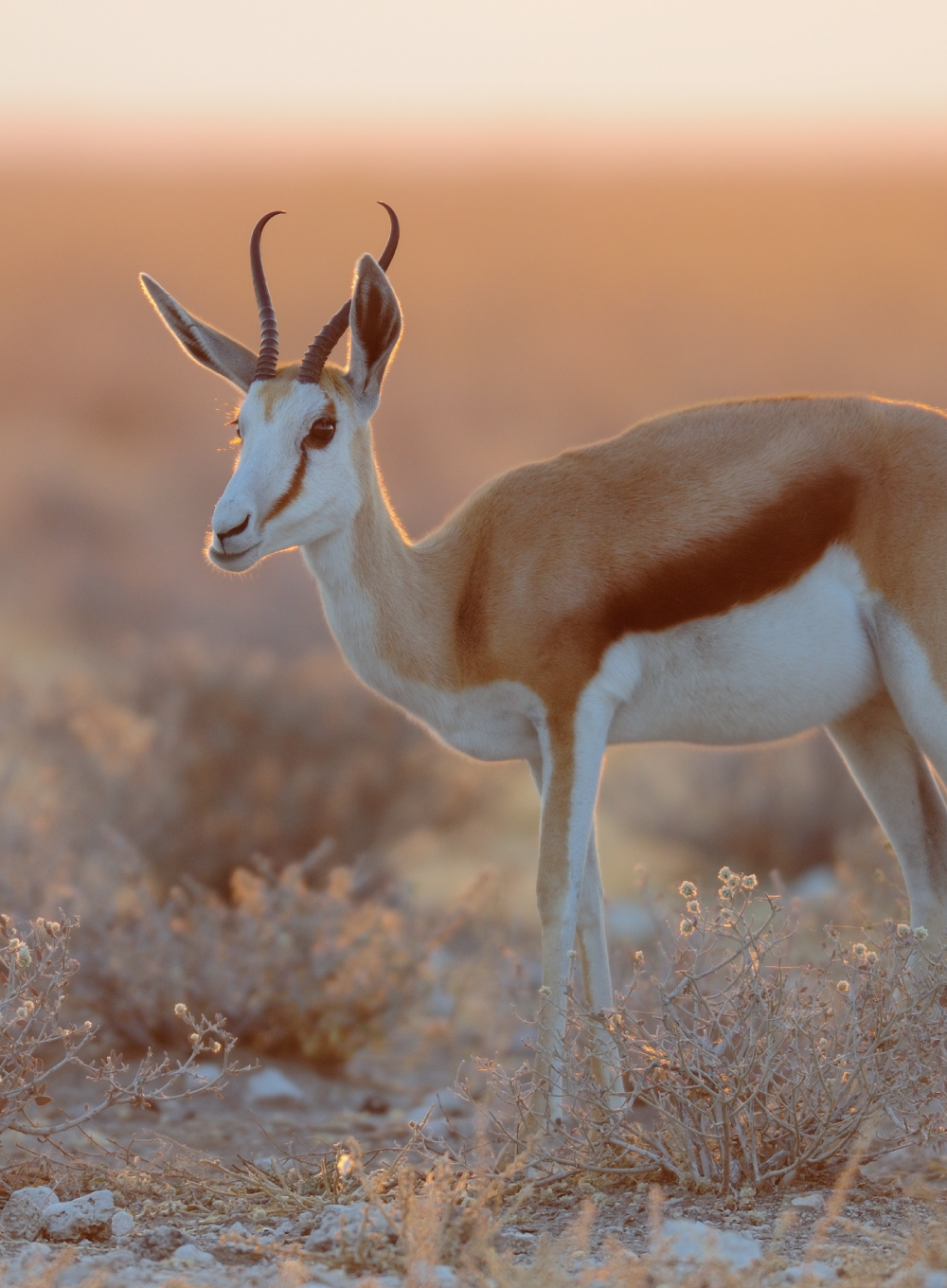| Composition | 100% Sauvignon Blanc |
|---|---|
| Vintage | 2023 |
| Appellation | Cape Agulhas, South Africa |
| Terroir | 2.9HA block situated on a south-facing slope overlooking the sea below. Soils range from sand to iron-rich Ferricrete at the top of the block. Incredibly low-yielding vines at just over 1T per HA allow for very concentrated flavors and healthy clusters. |
| Wood | 9 months in 2nd fill, lightly toasted French oak barrels |
| Color | Clear and golden with a subtle lime tinge |
| Aroma | Caramel, white peach, and subtle citrus notes |
| Taste | Elderflower, fynbos with white peach and stone fruit notes around the mid palate. A silky vanilla note can be found on the finish with that signature Cape Agulhas minerality. |
| Alcohol | 14.00% |
| RS | 2.89g/L |
| TA | 6.71g/L |
| pH | 3.38 |
| Bottle size | 750 mL |
Wines for the Wild

WinemakingStyle
Harvested by hand on the 2nd of March, 2023 in the early morning. It was 14 degrees Celsius upon arrival in the winery. The grapes underwent 24 hours of cold maceration before being hand sorted twice and then loaded into the press, 100% whole bunch. A long, slow pressing cycle followed for 2.5 hours, achieving 1.2bar of pressure and 550L/T. Juice was kept in a cooled stainless steel settling tank for an additional 24 hours before being racked off the rough lees, taking 10% along, into 2nd fill French oak barrels where it waited for wild ferment to begin. After 48 hours wild ferment was underway and the barrels were moved to a naturally colder corner of the winery to maintain fermentation temperatures below 20 degrees throughout the entire process. After 4 weeks the wine was dry but remained in the barrels, still on the rough lees, for 9 months. Batonnage took place every 21 days throughout. Cold and protein stability achieved naturally through time in oak.
The CauseWildlife Impact
Leopard’s are the apex predator in the Cape. With regards to conservation, they are an umbrella species which means by better understanding and protecting them, we simultaneously conserve all of the other animals within the ecosystem around them. The two greatest threats to Cape Leopards include:
- Habitat loss due to agricultural and urban expansion
- Persecution due to conflicts over livestock and a vast misunderstanding of this species
Project Ingwe takes on these risks through the use of camera traps across the Walker Bay region. By working with land owners and communities, Project Ingwe has set up and continues to expand on an extensive network of these camera devices which monitor and survey wildlife activity. This info then provides valuable and tangible data on populations, important habitat corridors, and opportunities to better conserve various species. This all happens while creating a more positive perception of leopards and conservation as a whole with farmers and local communities.




Johan Botha –
A superb well rounded wine. One of my favourites so far! A must to try.
Blair Milne –
What an awesome wine. Really loved the absolute “drinkability”. Really a superb wine.